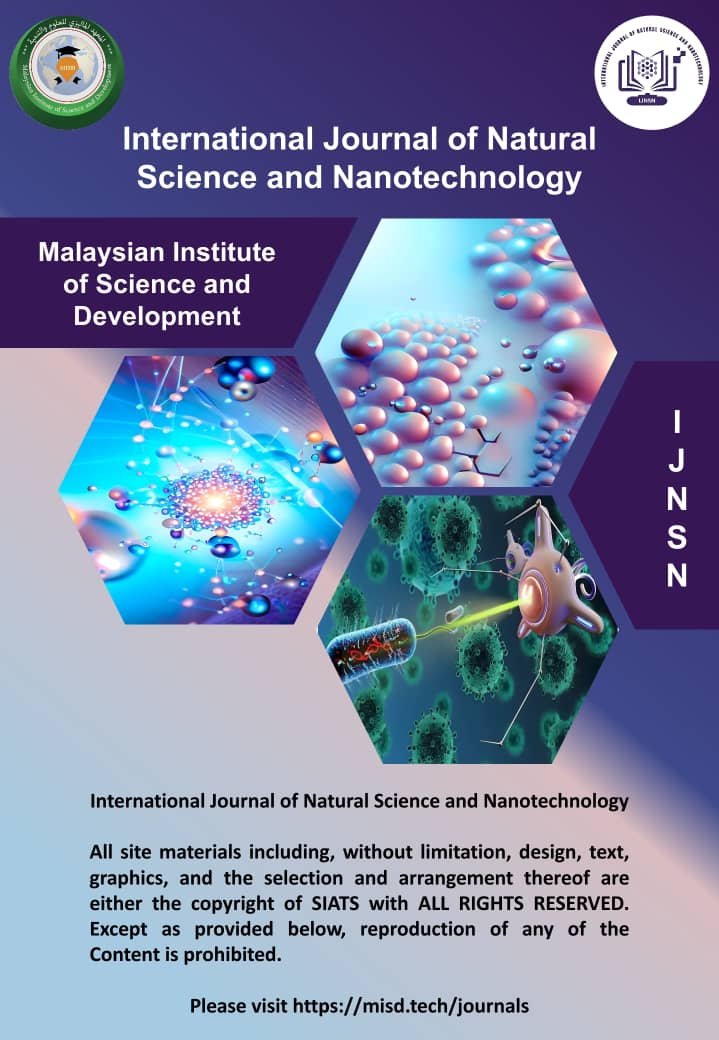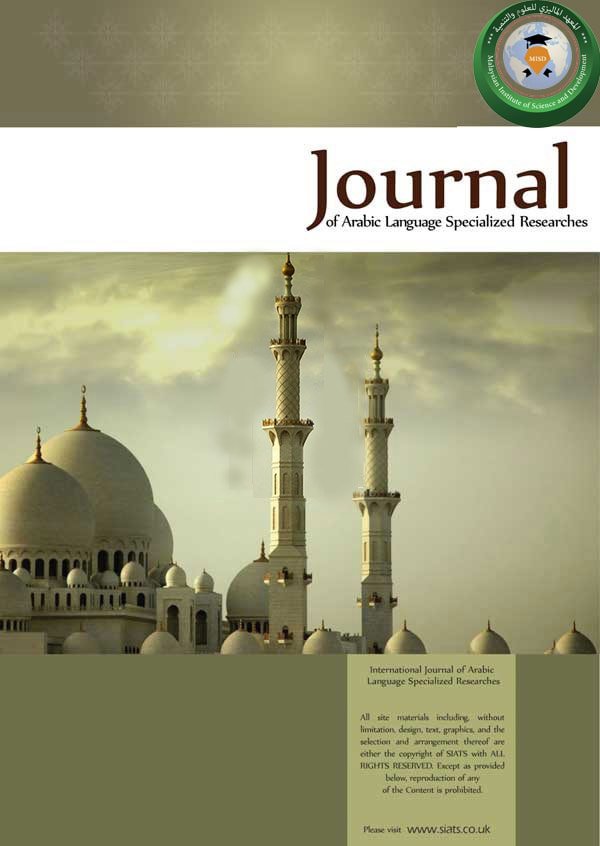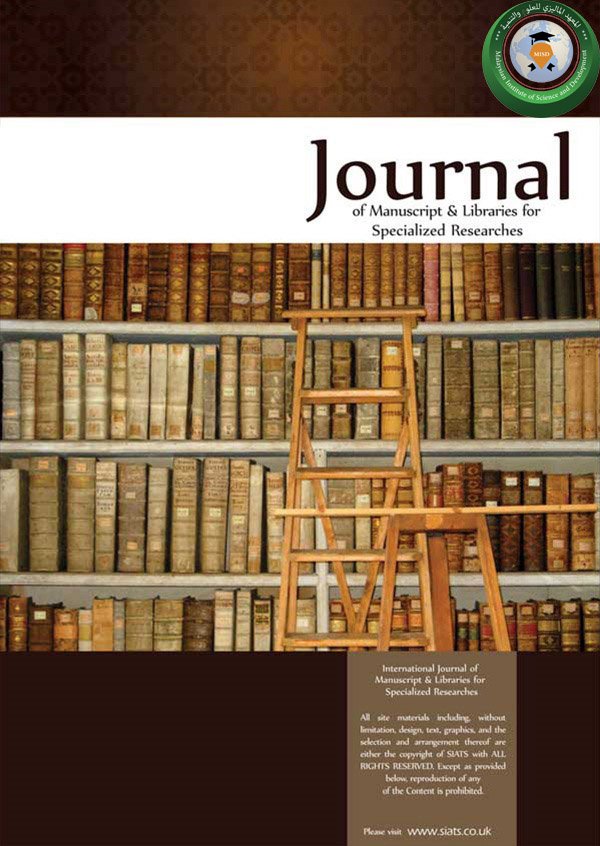
International Journal of Natural Science and Nanotechnology
About the Journal :
The International Journal of Natural Sciences and Nanotechnology Abbreviated as (IJNSN) is a
Journal multidisciplinary dedicated to advancing research and innovation in the fields of natural
sciences and nanotechnology. It includes specialized research papers, short communications, review
articles, and selected conference papers. With a commitment to excellence and scientific rigor, the
journal provides a platform for scientists, researchers, and academicians worldwide to showcase their
cutting-edge findings and contribute to the scientific community....
IJNSN covers a wide range of disciplines within the natural sciences, including physics, chemistry,
biology, environmental sciences, and Nanotechnology Sciences. Nanoprobes, Biological Systems,
Nanostructures, Nanoelectronics, Nano-Optics, Biodiversity and Environment, Biotechnology,
Molecular Biology, Biochemistry, Herbal Medicine, Marine Science, Zoology, Water Quality, Botany
as well as related topics Within the scope of the journal. It also focuses on the rapidly evolving field of
nanotechnology, which explores the manipulation and application of matter on a nanoscale level. By
embracing multidisciplinary research.
Our primary objective is to publish high-quality, original research papers, review articles, and
scientific contributions that have significant implications for the advancement of natural sciences and
nanotechnology.
At IJNSN, we employ a rigorous peer-review process to ensure the quality and validity of the
published works. Manuscripts are evaluated by experts in the respective fields, ensuring that only
scientifically sound and impactful research is disseminated to our readership.
We are committed to open-access publishing, which means that all published articles are freely
accessible to readers worldwide. This promotes greater visibility and accessibility to scientific
knowledge, facilitating further research, and driving scientific progress.
By publishing in IJNSN, authors gain the opportunity to showcase their work to a global audience of
scientists, and researchers. The journal serves as a platform for sharing discoveries, exchanging ideas,
and fostering collaboration among experts in various fields.
We invite scientists, researchers, and academicians to join us in our quest for scientific advancement,
exploration, and innovation. Together, let us push the boundaries of knowledge, drive transformative
research, and positively impact the world through the International Journal of Nature Sciences and
Nanotechnology.
To maintain the highest level of transparency and high standard of review, this journal follows the
highly respected (Advanced OPEN) peer-review system; especially that of the Committee on
Publication Ethics (COPE) Guidelines for Journal Editors (March 2011) and for Peer Reviewers
(March 2013). The copyright of the articles will transfer to Journal.








 العربية
العربية